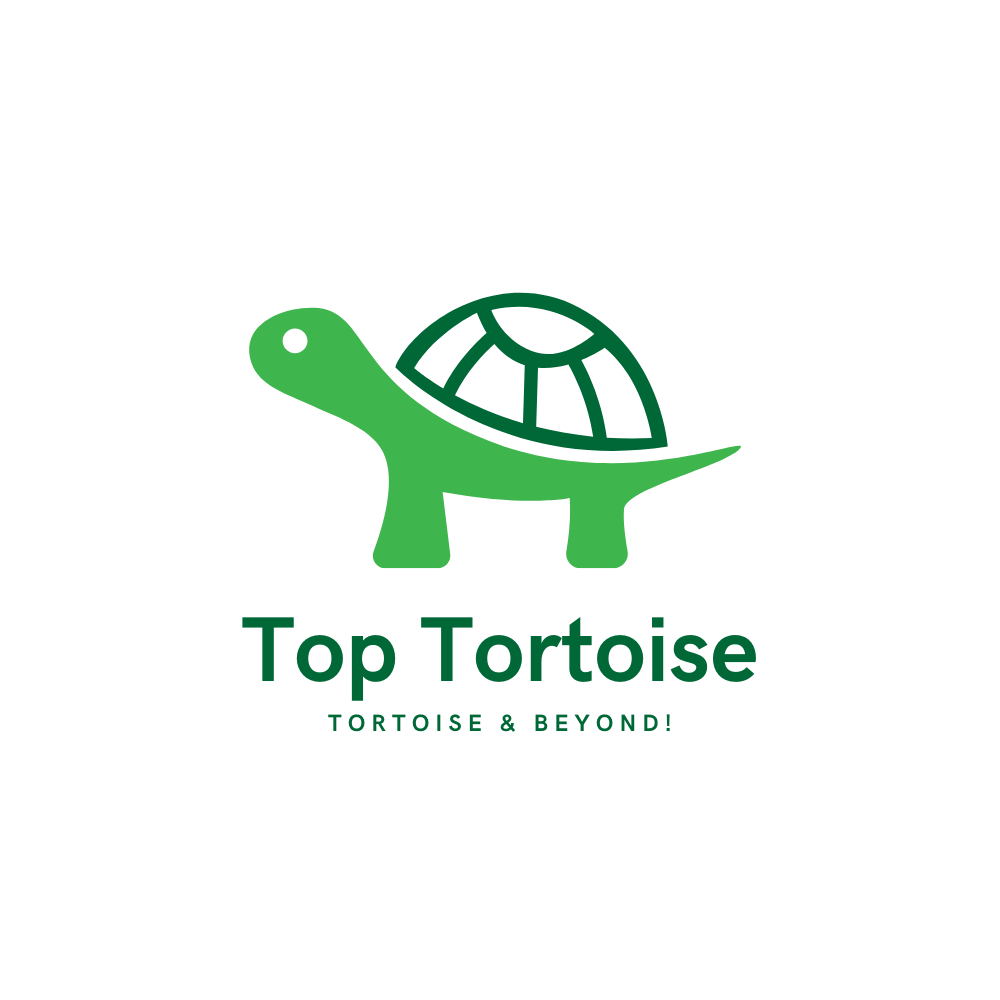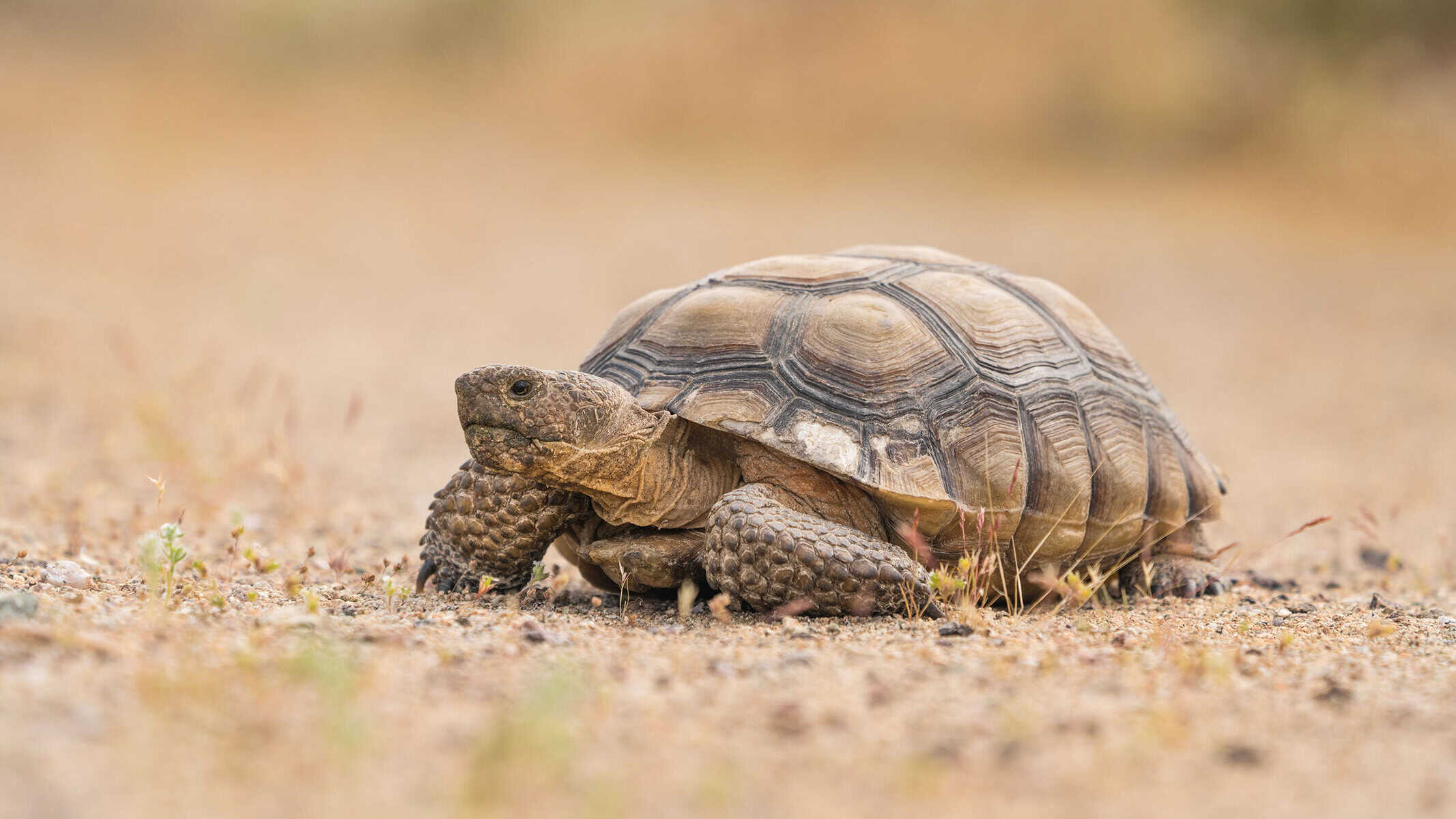Desert tortoises primarily eat grasses, wildflowers, and cacti, as well as other vegetation available in their arid habitats.
The Ultimate Guide to Desert Tortoise Diets: What They Eat and Why It Matters
Desert tortoises are fascinating creatures that have adapted to survive in harsh desert environments. One of the key factors that contribute to their health and well-being is their diet.
A balanced diet is crucial for desert tortoises as it provides them with the necessary nutrients they need to thrive. In this article, we will explore the importance of a balanced diet for desert tortoises and delve into the nutritional needs of these unique reptiles.
The Importance of a Balanced Diet for Desert Tortoises
A balanced diet is essential for desert tortoises as it directly impacts their overall health and well-being. These reptiles require a variety of nutrients to support their growth, reproduction, and immune system function. Without a balanced diet, desert tortoises may experience deficiencies or imbalances in essential nutrients, which can lead to various health issues.
An imbalanced diet can have detrimental effects on the health of desert tortoises. For example, a lack of calcium in their diet can result in metabolic bone disease, which weakens their bones and shells. This can make them more susceptible to injuries and infections. Additionally, an inadequate intake of vitamins and minerals can compromise their immune system, making them more susceptible to diseases.
Understanding the Nutritional Needs of Desert Tortoises
To provide a balanced diet for desert tortoises, it is important to understand their nutritional needs. These reptiles require a combination of macronutrients (proteins, carbohydrates, and fats) and micronutrients (vitamins and minerals) to maintain optimal health.
Proteins are essential for growth and tissue repair in desert tortoises. They can be obtained from plant-based sources such as grasses and leafy greens. Carbohydrates provide energy for these reptiles and can be found in fruits and vegetables. Fats are also important for energy storage and insulation, but should be provided in moderation.
In terms of micronutrients, desert tortoises require a variety of vitamins and minerals. Vitamin A is crucial for their vision and immune system function, while vitamin D is necessary for calcium absorption. Calcium is particularly important for desert tortoises as it helps maintain the strength and integrity of their shells and bones.
The Role of Calcium in Desert Tortoise Diets
Calcium plays a vital role in the diet of desert tortoises. It is necessary for the development and maintenance of their shells and bones. Without adequate calcium intake, desert tortoises can develop metabolic bone disease, which can lead to deformities, fractures, and other health issues.
To ensure that desert tortoises receive enough calcium, it is important to provide them with a variety of calcium-rich foods. These can include dark leafy greens such as kale and collard greens, as well as calcium supplements specifically formulated for reptiles. It is also important to provide a proper calcium to phosphorus ratio, as an imbalance between these two minerals can interfere with calcium absorption.
What Do Wild Desert Tortoises Eat?
In the wild, desert tortoises have a diverse diet that consists mainly of plants. They are herbivores and consume a variety of grasses, weeds, flowers, and cacti. Some common plants that desert tortoises eat include Mojave yucca, prickly pear cactus, creosote bush, and desert marigold.
Desert tortoises are also known to eat the fruits and seeds of certain plants. These fruits and seeds provide them with additional nutrients and can be an important part of their diet. However, it is important to note that not all fruits and seeds are safe for desert tortoises to consume, so it is essential to do thorough research before offering them to your pet tortoise.
Feeding Your Pet Desert Tortoise: Dos and Don’ts
When it comes to feeding pet desert tortoises, there are some guidelines that should be followed to ensure their health and well-being. Firstly, it is important to provide a variety of plant-based foods to mimic their natural diet. This can include a mix of grasses, leafy greens, and vegetables.
It is also important to avoid feeding pet desert tortoises foods that are high in oxalates, such as spinach and beet greens. Oxalates can interfere with calcium absorption and contribute to the development of metabolic bone disease. Additionally, it is important to avoid feeding them foods that are toxic to reptiles, such as avocado and rhubarb.
The Benefits of a Natural Diet for Desert Tortoises
Feeding desert tortoises a natural diet that closely resembles what they would eat in the wild has numerous benefits. Firstly, it provides them with the necessary nutrients they need to thrive. A natural diet ensures that desert tortoises receive a wide range of vitamins, minerals, and other essential nutrients.
A natural diet can also have a positive impact on the behavior and overall well-being of desert tortoises. When provided with a varied diet, these reptiles are more likely to exhibit natural foraging behaviors and engage in physical activity. This can help prevent obesity and promote mental stimulation.
How to Supplement Your Desert Tortoise’s Diet
While a natural diet is ideal for desert tortoises, it may not always be possible to provide them with all the necessary nutrients through food alone. In such cases, it may be necessary to supplement their diet with additional vitamins and minerals.
There are various types of supplements available for desert tortoises, including calcium supplements and multivitamin powders. These supplements should be used sparingly and according to the instructions provided by the manufacturer. It is important not to over-supplement, as this can lead to imbalances and health issues.
Common Health Issues Caused by Poor Diet in Desert Tortoises
A poor diet can lead to a variety of health issues in desert tortoises. One of the most common issues is metabolic bone disease, which is caused by a lack of calcium and other essential nutrients. This disease can result in weak bones and shells, deformities, fractures, and other skeletal abnormalities.
Another common health issue caused by a poor diet is vitamin deficiency. Desert tortoises require specific vitamins, such as vitamin A and vitamin D, to maintain optimal health. A deficiency in these vitamins can lead to vision problems, immune system dysfunction, and other health issues.
How to Monitor Your Desert Tortoise’s Health Through Their Diet
Monitoring your desert tortoise’s diet is an important part of ensuring their health and well-being. By keeping track of what they eat, you can identify any potential deficiencies or imbalances in their diet and make necessary adjustments.
One way to monitor your desert tortoise’s diet is by keeping a food diary. This involves recording the types of foods they eat, the quantities consumed, and any supplements given. By reviewing this information regularly, you can identify any patterns or changes in their eating habits.
The Key to a Happy and Healthy Desert Tortoise is a Balanced Diet
In conclusion, a balanced diet is crucial for the health and well-being of desert tortoises. It provides them with the necessary nutrients they need to thrive and prevents deficiencies and imbalances that can lead to various health issues. By understanding their nutritional needs and providing them with a natural diet supplemented with necessary vitamins and minerals, you can ensure that your desert tortoise lives a happy and healthy life.
Originally posted 2024-02-08 09:35:28.


